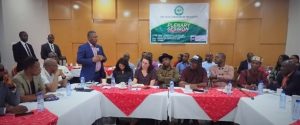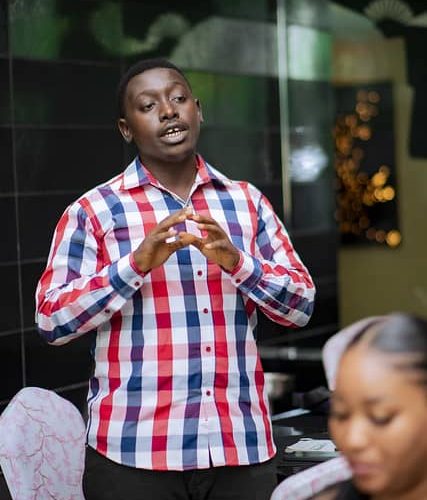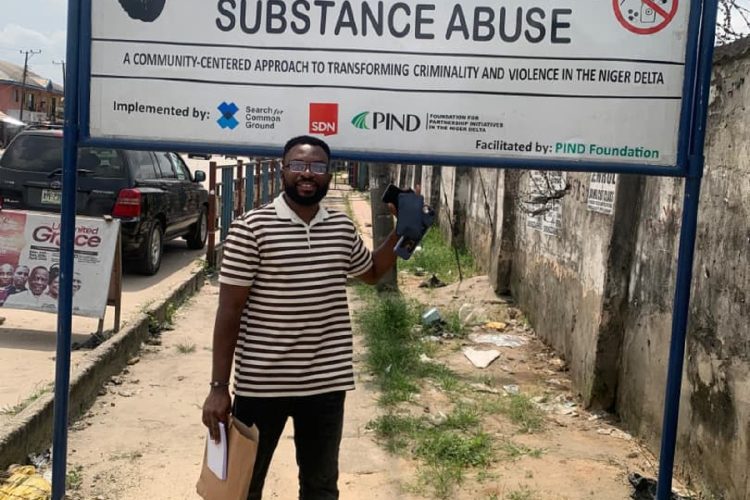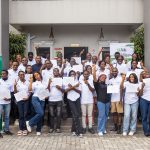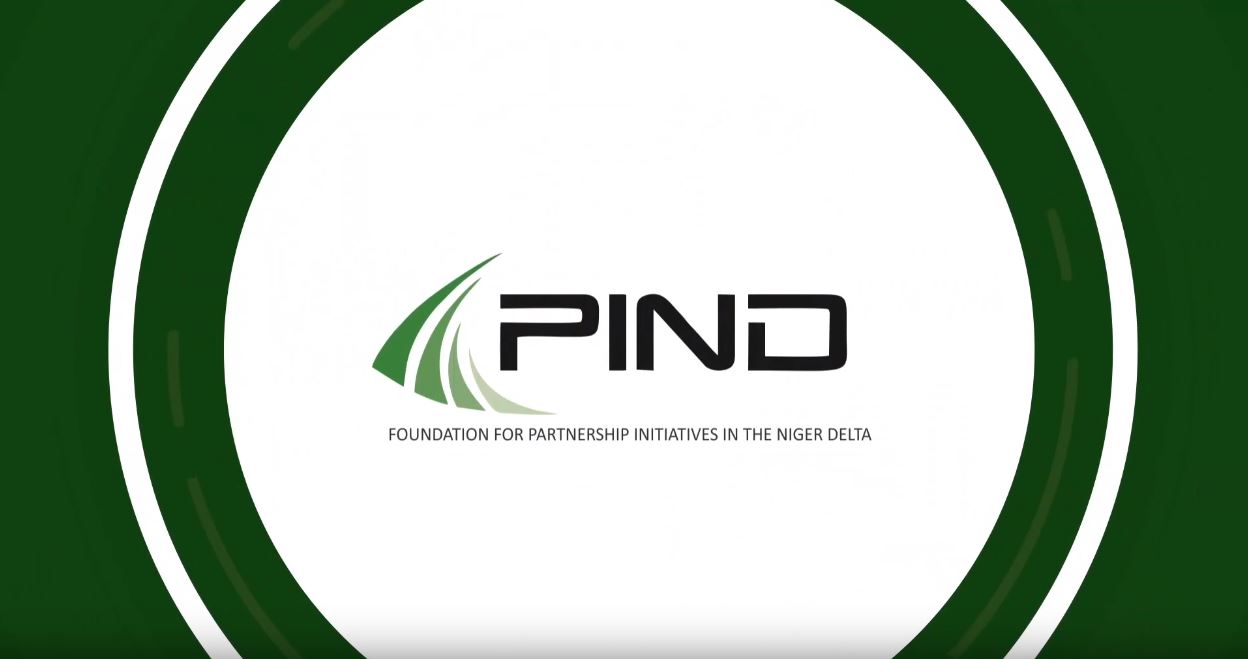
Vacancy: Consultants to establish PREVENT Councils | Deadline: September 6, 2022
August 29, 2022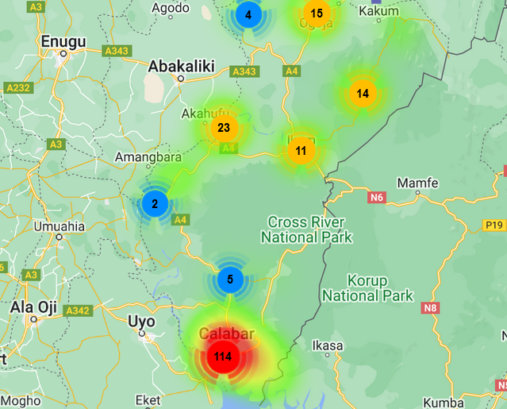
Criminal Violence in Cross River State | September 11-17, 2022
September 16, 2022
By Bariton Lezabbey
On the 6 Sept 2022, multiple stakeholders converged in the 25th Plenary to discuss the success achieved on the Bodo Remediation Project, and to further chart a path for the sustainability of its longer-term gains, especially as remedial activities have reached an advanced stage of over 85% completion. Several suggestions and solutions were proffered to ensure a smooth transition to the next stage of intensive mangrove planting and monitoring. As a note, the first Plenary session was held in 2013 under the co-leadership of Inemo Samiama and HE Bert Ronhaar, the former Ambassador of the Embassy of the Netherlands in Nigeria and set the path to today’s successes.
During this Plenary, the Bodo Mediation Initiative (BMI) Project Directorate team provided a Project update on rates of completion and continuing challenges. Participants made contributions as to improving community participation, which will enhance sustainability after the life of the Project.
Speaking on behalf of the Netherlands Embassy in Nigeria, The Second Secretary, Dina Sabi informed the delegation that the Embassy having provided support for the mediation process for over nine years, is exploring avenues to exit in early 2023. She further indicated some positive signs in the commitment expressed by the Shell Petroleum Development Company (SPDC) to continue with the Project after the exit of the Dutch Embassy. The Paramount Ruler of Bodo, HRH King John Berebon, however, pleaded with the Embassy not to pull out of the Project yet, but should create other opportunities and linkages for the Bodo Project to get more access to other international funders. This, in his opinion, would aid the sustainability even more.
Speaking via zoom, the United Nations Environment Programme (UNEP) Chief Technical Advisor, Mr Mike Cowing, gave kudos to the BMI for the remarkable effort invested into the Bodo Project which has yielded much success. UNEP is currently providing technical advice to the Nigerian Government’s Hydrocarbon Pollution Remediation Project (HYPREP). Mr Cowing stated, “the BMI model is a workable model that other cleanup intervention should mimic, especially as regards community participation”. Dr Ferdinand Giadom, the HYPREP Project Coordinator, who attended the Plenary in the company of the Agency’s scientists, noted that he is particularly pleased with the gains of the Bodo Cleanup Project, because he was part of the process as the Deputy Project Director from 2015 – 2019, and now working on the wider Ogoni Cleanup with HYPREP. Dr Giadom beseeched the BMI for a closer partnership so that HYPREP can benefit from the experience gained to date. As stated by Dr Giadom, “… there’s no point re-inventing the wheel seeing the gains the BMI has achieved”.
Participants included the Bodo Community, reps from the Dutch Embassy, SPDC, UNEP, CSO groups (Stakeholders Democracy Network – SDN, Centre for Environment, Human Rights and Development – CEHRD). Others in attendance were the BMI, Government Regulators (NOSDRA, NUPRC, RSMENV) and HYPREP. The consensus was that the Bodo Remediation and Vegetation Project is standing out as an example of proper methodology for undertaking similar efforts in the Niger Delta.



